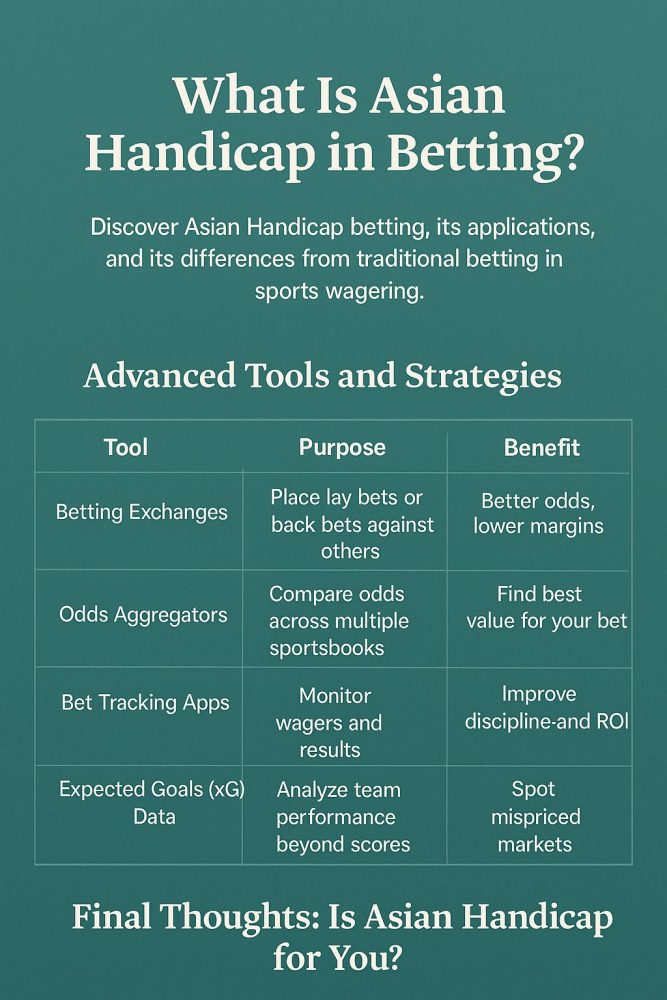Sports betting has evolved from its informal roots to a billion-dollar industry, fueled by technology, analytics, and a growing acceptance of gambling in various cultures. As enthusiasts and casual gamblers alike seek ways to improve their betting strategies, understanding the underlying mechanics of sports betting becomes increasingly important. This article delves into the historical evolution of sports betting, the key factors influencing outcomes, popular strategies, and the impact of technology on this dynamic market.
The Evolution of Sports Betting: A Historical Perspective
Sports betting traces its origins back to ancient civilizations, where people wagered on the outcomes of various games and athletic competitions. The Greeks and Romans famously organized events like the Olympic Games, where spectators could place bets on their favorite athletes. Over the centuries, sports betting expanded across the globe, with the establishment of formalized betting systems and the introduction of horse racing as a popular betting event in the 17th century.
In the United States, sports betting underwent significant changes in the 20th century, especially with the implementation of the Professional and Amateur Sports Protection Act (PASPA) in 1992, which effectively banned sports betting in most states. However, the landscape shifted dramatically in 2018 when the U.S. Supreme Court struck down PASPA, paving the way for states to legalize and regulate sports betting. This decision has led to a surge of interest and participation, with many states now embracing sports betting as a legitimate form of entertainment and revenue generation.
Today, sports betting is a global phenomenon, with online platforms and mobile apps enabling users to place bets from virtually anywhere. The industry's rapid expansion has not only altered how fans engage with sports but has also spurred discussions about responsible gambling practices, sports integrity, and the need for regulatory oversight to protect consumers.
Key Factors Influencing Sports Betting Outcomes Today
Understanding the various factors that influence sports betting outcomes is crucial for making informed wagers. One of the primary factors is team performance, which can be affected by numerous variables, including player injuries, coaching strategies, and recent form. Bettors often analyze historical performance data to identify trends and predict future outcomes, making it essential to stay updated on team news and statistics.
Another important factor is the impact of external conditions, such as weather and venue. Weather can significantly influence the performance of teams, especially in outdoor sports like football and baseball. Venue advantages, often referred to as the "home-field advantage," can also play a critical role. Teams that perform consistently better at home due to familiar surroundings, loyal fans, and lack of travel fatigue can sway betting odds and outcomes.
Lastly, psychological factors and public sentiment can affect betting lines. The betting public's perception of a team can lead to fluctuating odds based on popularity rather than statistical merit. Bettors must remain aware of these influences to avoid being swayed by public bias and focus on data-driven analysis when placing their bets.
Analyzing Betting Markets: Understanding the Odds
Understanding odds is fundamental to sports betting, as they not only determine potential payouts but also reflect the probability of an event occurring. Odds can be presented in various formats, including fractional, decimal, and moneyline, each conveying the same information in a different way. Bettors need to familiarize themselves with these formats to make informed decisions.
The odds set by bookmakers are influenced by various factors, including public sentiment, team statistics, and betting patterns. Bookmakers adjust odds to ensure a balanced book, mitigating their risk while maximizing potential profits. As such, the odds you see might not always represent the true probability of an event occurring and can be subject to change leading up to the event.
Analyzing betting markets involves understanding not just the odds but also how they react to changes in public perception and insider information. Savvy bettors will track these market movements to identify value bets, where they believe the true probability of an outcome is mispriced. This analytical approach allows them to capitalize on discrepancies between the perceived and actual likelihood of sporting events.
Popular Betting Strategies: What Works and Why
Betting strategies vary widely among gamblers, but several have emerged as popular among both novices and seasoned bettors. One of the most widely used strategies is the "value betting" approach, where bettors look for odds that seem favorable compared to the actual probability of an outcome. This strategy requires a deep understanding of the sport and a keen ability to evaluate situations, making it essential for bettors to be well-informed.
Another common strategy is the "Martingale" system, where bettors double their wagers after each loss in hopes of recouping their losses with a single win. While this approach can be tempting, it poses significant risks as it requires a substantial bankroll and does not account for the potential of long losing streaks. Responsible bettors often combine this method with strict bankroll management to mitigate risks.
A third popular strategy is the "hedging" technique, where bettors place multiple bets on different outcomes to minimize potential losses. This strategy is particularly useful in scenarios with multiple betting options, allowing bettors to secure a profit regardless of the event's outcome. While hedging can ensure returns in certain situations, it also limits the potential for higher profits, making it essential for bettors to weigh their options carefully.
The Role of Analytics in Sports Betting Predictions
Analytics has revolutionized the world of sports betting, enabling bettors to make data-driven decisions. The rise of big data and sophisticated statistical models allows bettors to analyze a wealth of information, including player performance metrics, historical trends, and situational factors. This data-driven approach provides bettors with insights and predictions that were previously unavailable, enhancing their ability to make informed wagers.
The use of predictive analytics in sports betting involves employing algorithms and statistical techniques to forecast outcomes based on historical data. By identifying patterns and correlations, bettors can develop models that increase their chances of success. Techniques such as regression analysis, machine learning, and simulation models are increasingly employed by serious bettors to refine their predictions and gain an edge over bookmakers.
As analytics continues to evolve, the competitive landscape of sports betting will change. Bettors who leverage advanced analytics can gain insights that challenge traditional betting wisdom, potentially leading to more informed decisions and greater profitability. However, it is essential for bettors to remain vigilant and continuously refine their analytical methods as the sports betting environment becomes more data-driven and competitive.
Managing Risk: Strategies for Responsible Betting
Despite the excitement that comes with sports betting, risk management is crucial for ensuring a healthy and sustainable betting experience. Setting a budget is one of the most effective strategies to manage risk. Bettors should determine a specific amount of money they can afford to lose and stick to it, avoiding the temptation to chase losses or increase wagers impulsively.
Another effective risk management strategy involves diversifying bets across different events and outcomes. By not putting all their money on a single outcome, bettors can reduce their overall exposure to risk. This approach allows for a balanced portfolio of bets, increasing the chances of profitability over time while minimizing the impact of a single loss.
Moreover, bettors should practice self-discipline and awareness of their betting patterns. Keeping a detailed record of bets can help individuals identify trends in their behavior, whether they are betting too frequently or on impulse. By reflecting on their betting habits, bettors can make adjustments that promote responsible gambling and maintain a healthy relationship with sports betting.
The Impact of Technology on Sports Betting Trends
Technology has dramatically reshaped the sports betting landscape, introducing new platforms, tools, and opportunities for bettors. The proliferation of smartphones and mobile applications has made it easier than ever to place bets from virtually anywhere. This convenience has expanded the sports betting market, attracting casual bettors who may not have engaged in traditional betting methods.
In recent years, live betting has gained popularity, allowing bettors to place wagers in real-time as events unfold. This dynamic form of betting amplifies the excitement of sports and encourages more frequent engagement from bettors, but it also requires quick decision-making and a deep understanding of the sport. As technology continues to evolve, live betting options are likely to become more sophisticated, offering various markets and bet types.
Additionally, advancements in artificial intelligence and machine learning are revolutionizing how bettors analyze data and make predictions. Automated systems can process vast amounts of information, providing insights that human bettors may overlook. As technology continues to advance, it will play an increasingly significant role in shaping sports betting trends, influencing how bettors interact with the market.
Future Predictions: Where Sports Betting is Headed
The future of sports betting looks promising, with several trends indicating continued growth and innovation. As more states in the U.S. and countries around the world legalize and regulate sports betting, the market is expected to expand significantly. This growth will likely increase competition among bookmakers, leading to better odds and promotions for bettors.
Moreover, the integration of blockchain technology and cryptocurrencies into sports betting platforms is on the horizon. Such technologies can enhance transparency and security, potentially attracting a new wave of bettors who prioritize privacy and decentralization. As these innovations gain traction, they may reshape the betting landscape and redefine how transactions are conducted in the sports betting industry.
Finally, the increasing importance of responsible gambling initiatives will play a critical role in shaping the future of sports betting. As awareness of problem gambling grows, operators will likely implement more robust measures to promote responsible betting and protect consumers. This shift will not only help ensure the long-term sustainability of the industry but also foster a more transparent and ethical betting environment.
As sports betting continues to evolve, understanding its complexities is essential for anyone looking to engage in this dynamic market. By recognizing historical trends, analyzing key factors influencing outcomes, and embracing modern analytics and technology, bettors can develop more effective strategies and make informed decisions. As the industry moves forward, responsible betting practices will remain paramount to ensure a sustainable and enjoyable experience for all participants.



